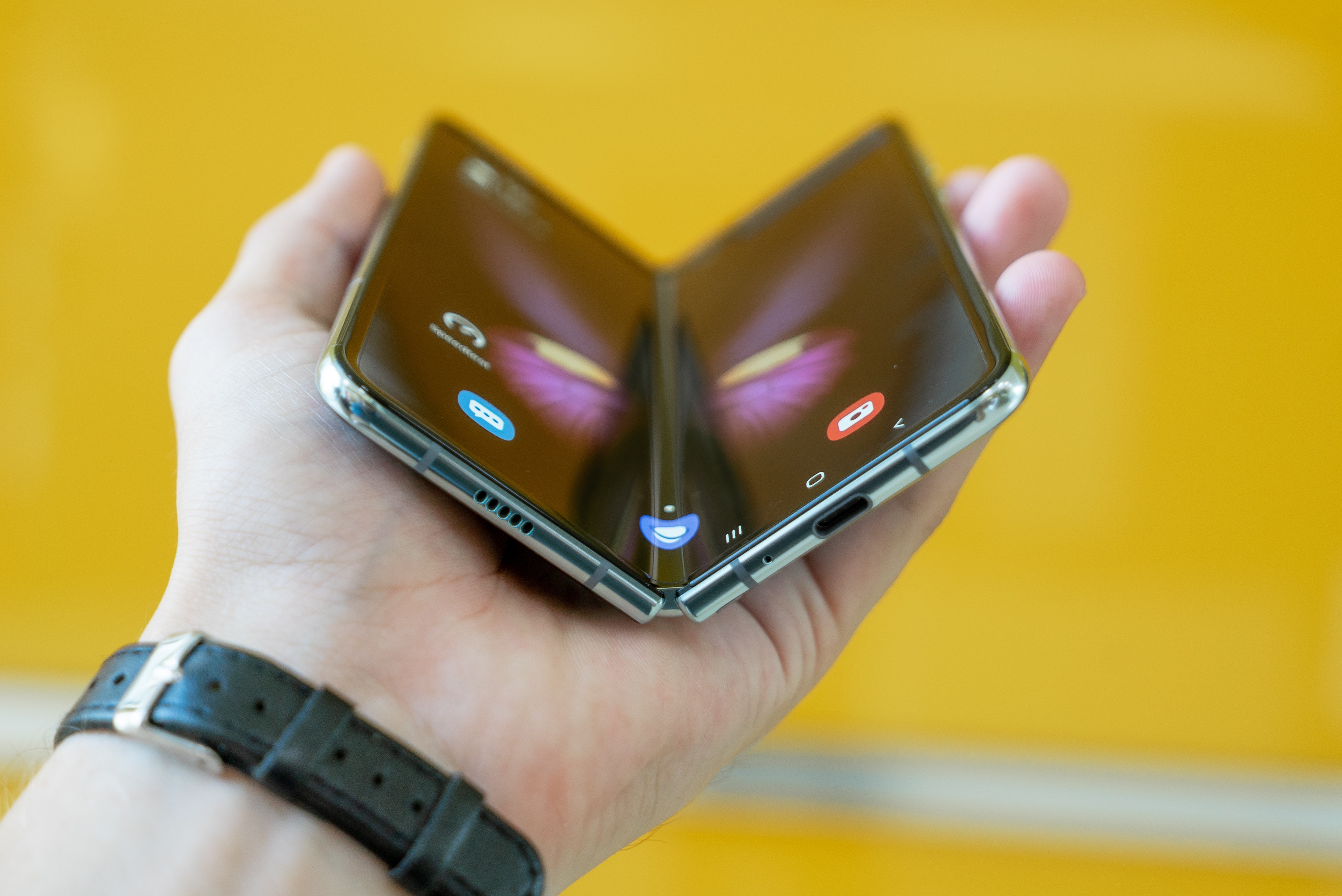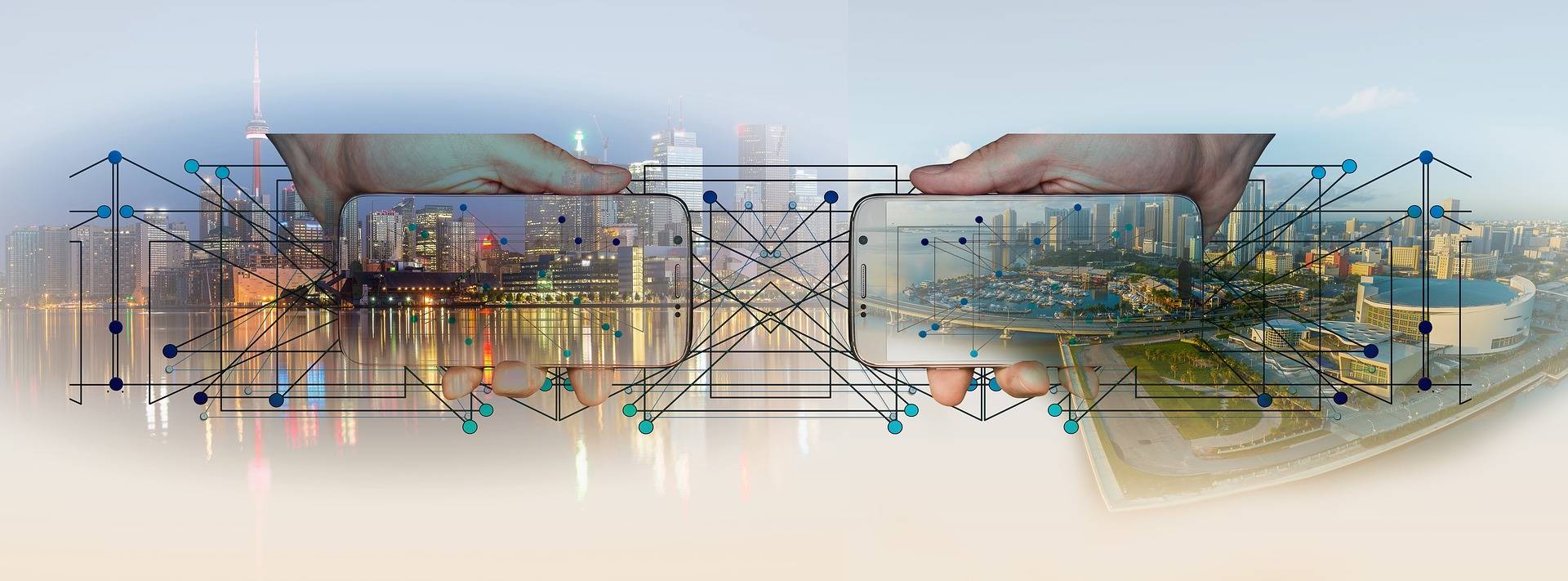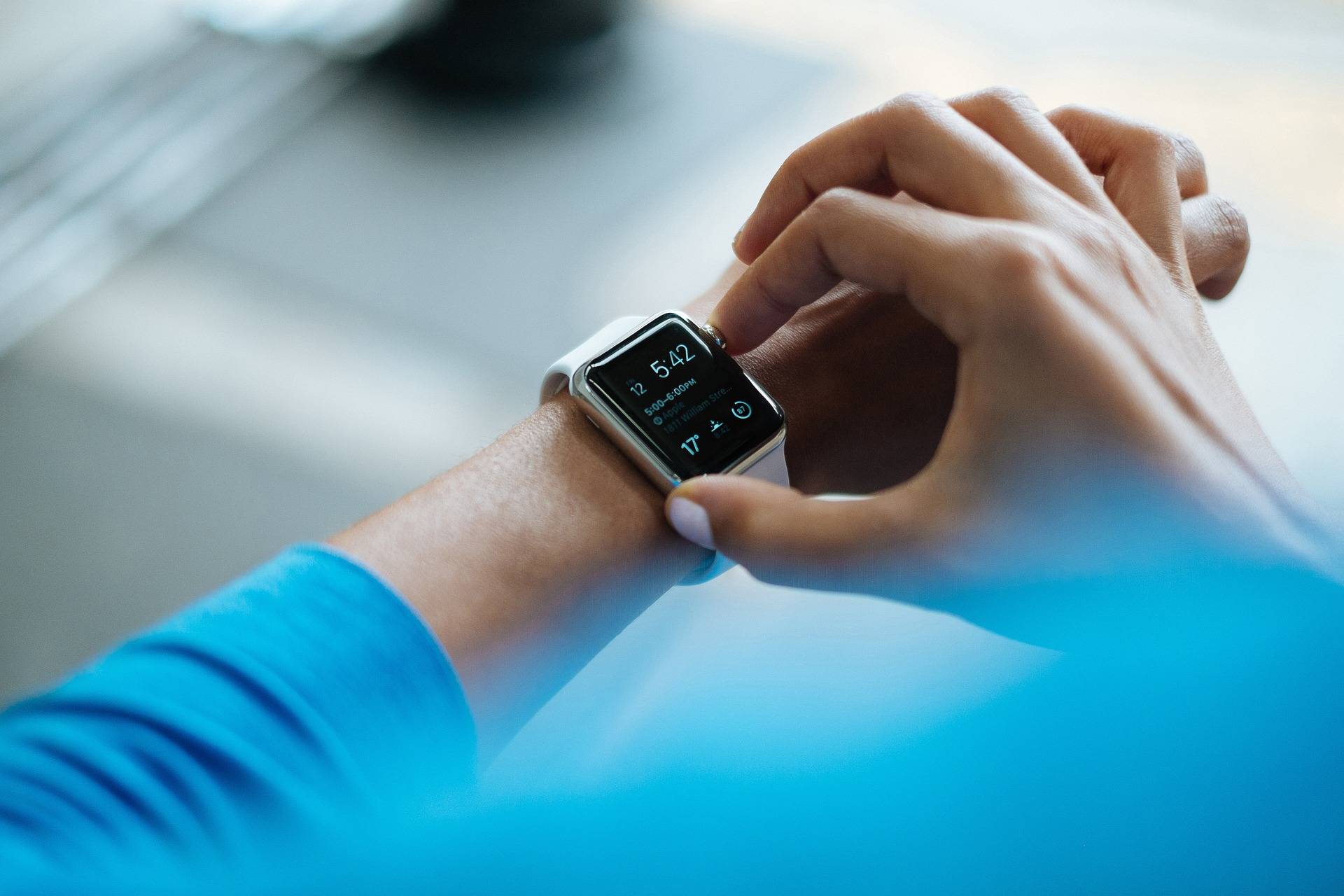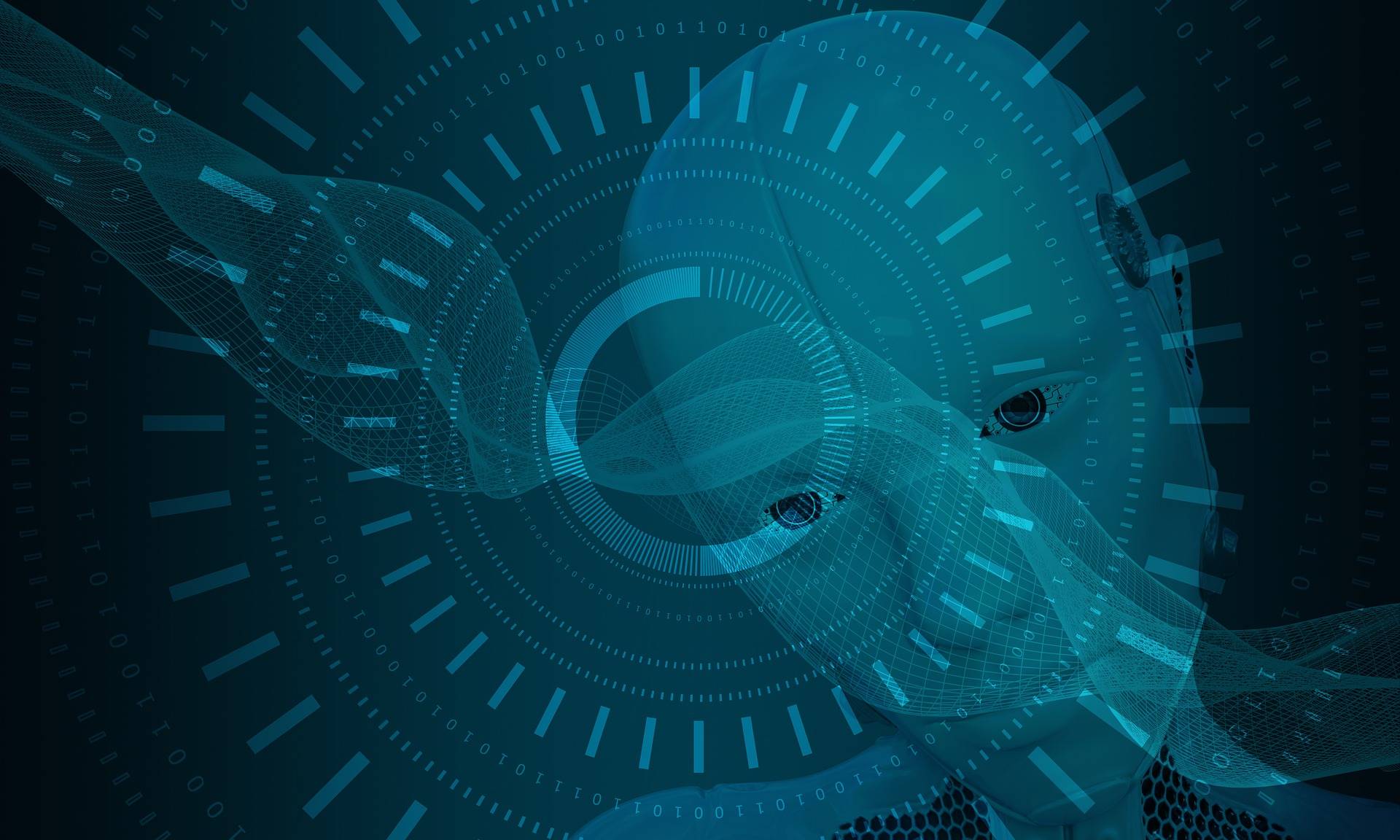How 5G is Impacting Connected Medical Technology
A question that people often ask is, how should medical device companies best interact with the hospital IT department? This isn’t easy to answer – each hospital has its own set of rules and regulations.
One way to get around this is with devices that use cellular technology to transmit data out. For this reason, we’re excited about the 5G impact on healthcare and what it means for the future of connected medical devices.
What future innovations will we see as a result of being able to transfer data at a rate of five to ten gigs per second directly out of a hospital setting? Centralizing data on the cloud for medical device companies to access can help physicians in their work and improve patient outcomes.
Applications of 5G in Healthcare and Medical Fields
5G technology promises speed 100 to 2000 times faster than typical hospital wireless networks. This allows for very quick data transfer even for large data sets (i.e. low latency) and opens up many different 5G healthcare use cases that are currently not practical in real world setting.
One such example was a surgery performed on January 8, 2019, in Fujian, China, where a surgeon was able to remove the liver of a test animal with just 0.1 seconds of lag using a 5G network.
The surgery resulted in people realizing that the use cases they had been floating around as a possibility may be a reality. 5G could open up use cases that simply weren’t possible before.
Benefits of 5G in Healthcare, Med Tech and 5G Medical Devices
For us at Galen Data, 5G represents exciting opportunities for medical devices – not just those that are hospital-connected. There is currently a very green space for devices that require the high bandwidth, low latency environment that 5G can provide.
Fast, Remote Diagnosis of Large Data Files
One possibility we’re excited about is for the ability of devices to perform remote diagnosis on large datasets very quickly. Currently, if you’re looking for a “just in time” diagnosis using cloud settings, this is happening mostly in labs with samples, not with large datasets or imaging files.
Telemedicine
Telemedicine is being talked about frequently lately. This involves having a virtualized doctor’s visit and using remote monitoring technology to provide a high standard of care and great patient experience. We can start to see how 5G will make an impact on urban settings that already have the technology, but it will be interesting to measure the impact on rural communities when the new technology is rolled out. Part of the original promise of telemedicine was to be able to reach those living rurally, so it will be exciting to see this come to fruition.
Augmented Reality
Another technology we’re really excited about is augmented reality. The medical use cases being fleshed out with technology such as Microsoft HoloLens are mostly still in educational or training scenarios, but as the technology grows, we expect to see more in-situ scenarios, especially with the low latency of 5G. Further, those scenarios used in training modules can be expected to grow as they are put to use on the bodies of real, physical patients.
New Technologies
5G has the power to fuel the symbiosis of technologies, forming new tools that weren’t available before. For example, what if you take the ability to rapidly diagnose a disease from a large image file, then that same imagery is remotely rendered in the cloud and used during surgery? We can see that these technologies that have thus far only existed in the simulation world have the potential to quickly become much more practical.
Schedule a demo to learn how our cloud-based platform can support your digital healthcare needs.
What are the Challenges of 5G in Medicine?
Despite the growing potential of 5G technology in healthcare, there are a few limitations and risks to be aware of.
Deployment
The main limitation right now is the limited deployment of the technology. In the medical device space, it’s to be expected that hospitals will get the first access to this type of technology, although most don’t yet have it. A lot of hospitals have existing wired technology that’s quite quick, but 5G is much quicker and can send information directly to the cloud.
Security
Another risk of 5G medical applications is data security. Since 5G transmits data far more quickly than previous generations of wireless technology, it creates a larger surface area for potential data breaches.
Investment
5G requires a significant investment in infrastructure, which means that many hospitals and other healthcare facilities may not be able to afford the upgrade.
Even with these limitations, there is no doubt that 5G will have a profound impact on medicine. By staying informed and working together, the medical community can ensure that 5G is used to its full potential.
Final thoughts
At Galen Data, we’ve been working to enable these cloud-based technologies. We feel 5G will be a boon to the medical industry, allowing creative people to come up with interesting new tools and connected medical devices technology that do amazing things to help people.
5G matters – we hope in particular that it will spread quickly into the remote areas so that more people can benefit from these advances. We see the potential for better access to care that perhaps would have been difficult for people in those areas before.
To learn more about our healthcare connectivity solutions, contact us today.







